Moonshot #1 : Brief Explanation Of Solid-Propellant Rocket [ Part 1 ]
Solid-Propellant Rocket.
In 12th century after gunpowder had been discovered, Chinese invented something called "Fire Arrow"; It was consist of a tube that was filled with gunpowder and that tube was attached to arrow, when ignited, the arrow would propelled itself. This formation is somewhat similar to our nowadays fireworks and firecrackers. "Fire Arrow" is the first evidence of the basic form of solid-propellant rocket that used in the past.
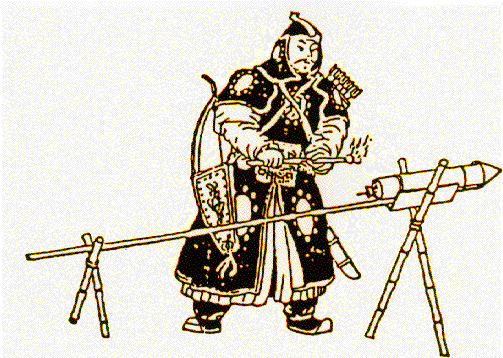
Normally, Just like any other rocket, modern Solid Propellant Rocket consists of Payload(Optional), Casing, Igniter, Fuel ( Fuel & Oxidizer ) , Nozzle and Avionic Systems.
Casing, the main structure of the rocket, hold, connect and contain everything that rocket need in order to fly to ideal location.
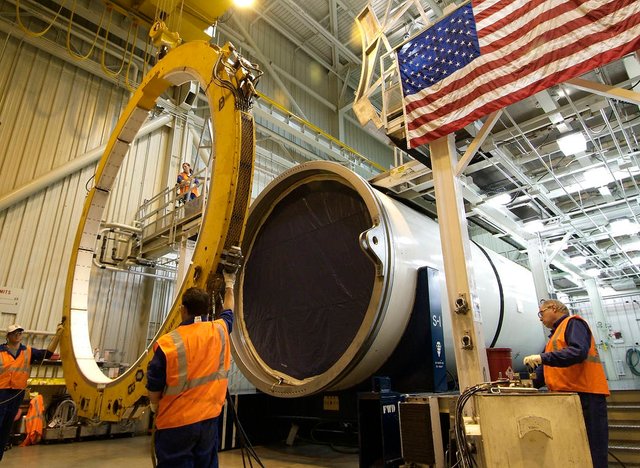 Part Of Space Launch System's Booster [*3]
Part Of Space Launch System's Booster [*3]
Placing inside the rocket itself we have the Igniter, the igniter is essential for the rocket, when activated fuel begins to burn and the rocket begins to accelerate.
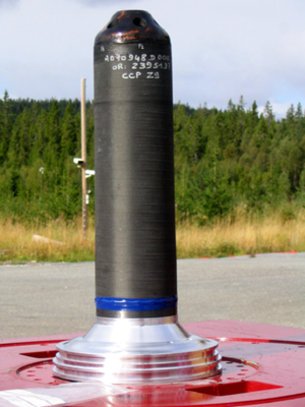
In the early day Solid Propellant Rocket used to have gunpowder as fuel but as the rocket technology become more advance we also have more variety of fuel mixture between Fuel , Oxidizer , Catalyst and Binder .
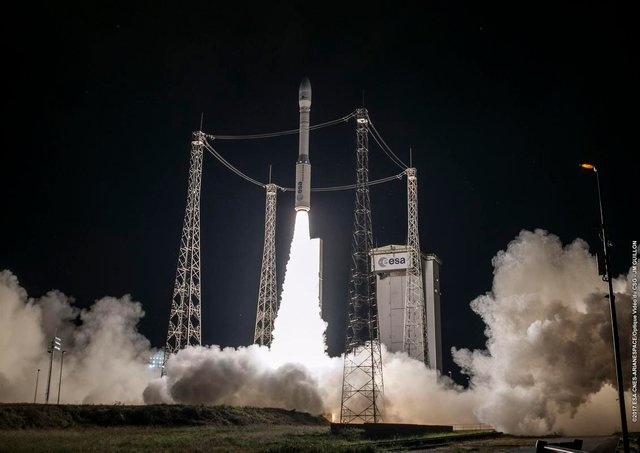
ESA Vega Rocket - 3 Stages Solid Propellant Rocket [5]*
With Space Shuttle's booster case it has Atomized aluminum powder as fuel, Ammonium perchlorate as oxidizer, Iron oxide powder as catalyst and Polybutadiene acrylic acid acrylonite as binder.
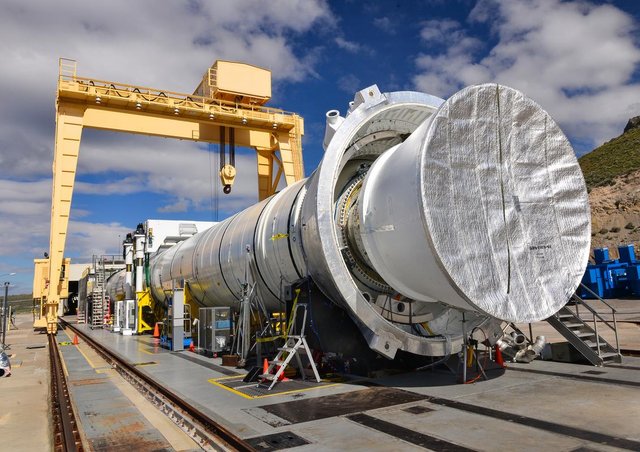 ](https://postimg.cc/image/toct5z5rf/) Space Launch System's Booster Ready To Test-Fired [*6]
](https://postimg.cc/image/toct5z5rf/) Space Launch System's Booster Ready To Test-Fired [*6]
(With total of 502,126.75 kg ( 1,107,000 pounds ) of propellant properties each booster of space shuttle able to achieves as much as 12,000,000 N of liftoff thrust at sea level.)
To be continued...
That's all for today folks Thanks You so much for supporting and don't forget to upvote and comment down below. If you've seen any errors and misconceptions just let me know :D
Stay Tuned For More.
Ps : Because of the length of the paragraph i decide to split it into two parts.
Signature*
Estronite.
Sources :
https://www.thoughtco.com/how-rockets-work-1992379
http://www.aerospace.org/education/stem-outreach/space-primer/solid-propellants/
https://en.wikipedia.org/wiki/Solid-propellant_rocket
https://spaceflightsystems.grc.nasa.gov
Copyright Disclaimer Under Section 107 Of The Copyright Act Of 1976
All copyrights belong to their respective owners.
[*1] Original Image Credit goes to rightful owner NASA, I'm not the owner of this image.
[*2] Original Image Credit goes to rightful owner NASA, I'm not the owner of this image.
[*3] Original Image Credit goes to rightful owner NASA/Orbital ATK, I'm not the owner of this image.
[*4] Original Image Credit goes to rightful owner ESA, I'm not the owner of this image.
[*5] Original Image Credit goes to rightful owner ESA, I'm not the owner of this image.
[*6] Original Image Credit goes to rightful owner NASA, I'm not the owner of this image.
